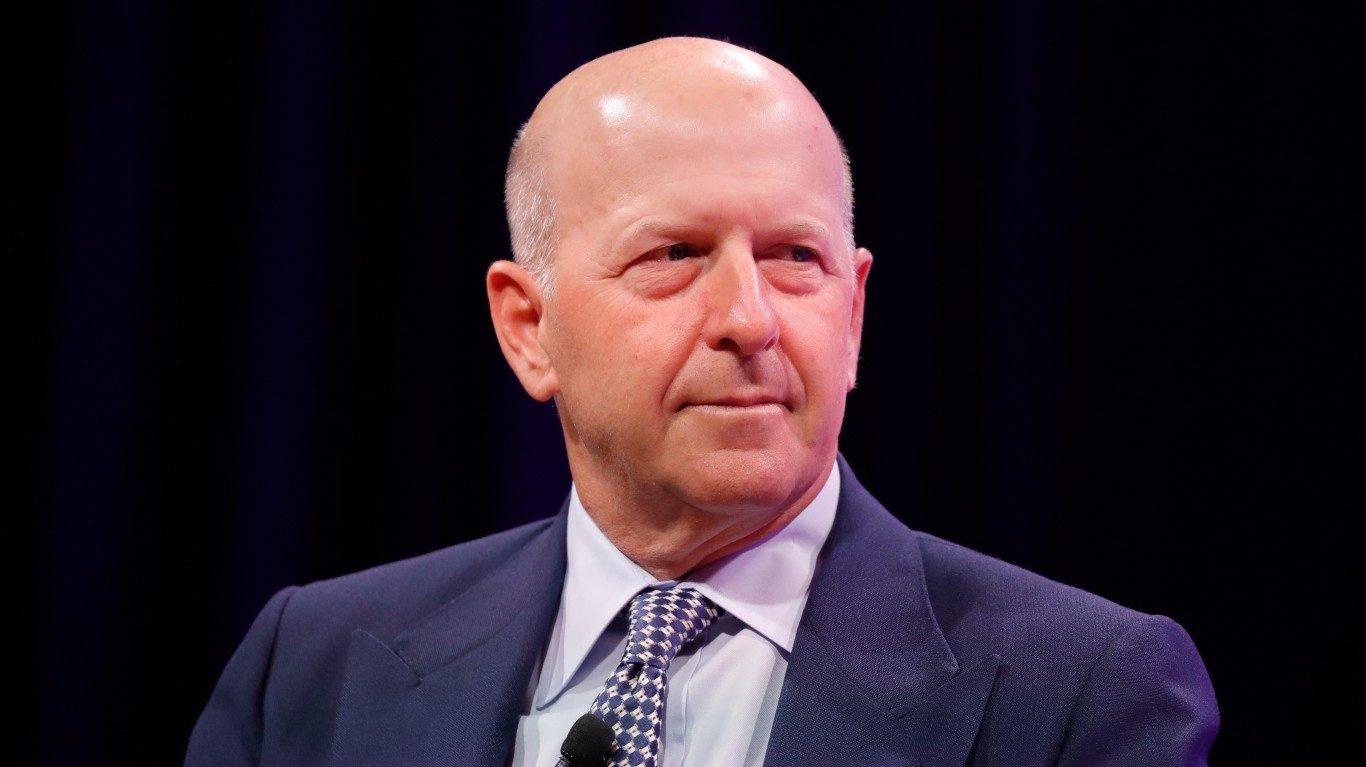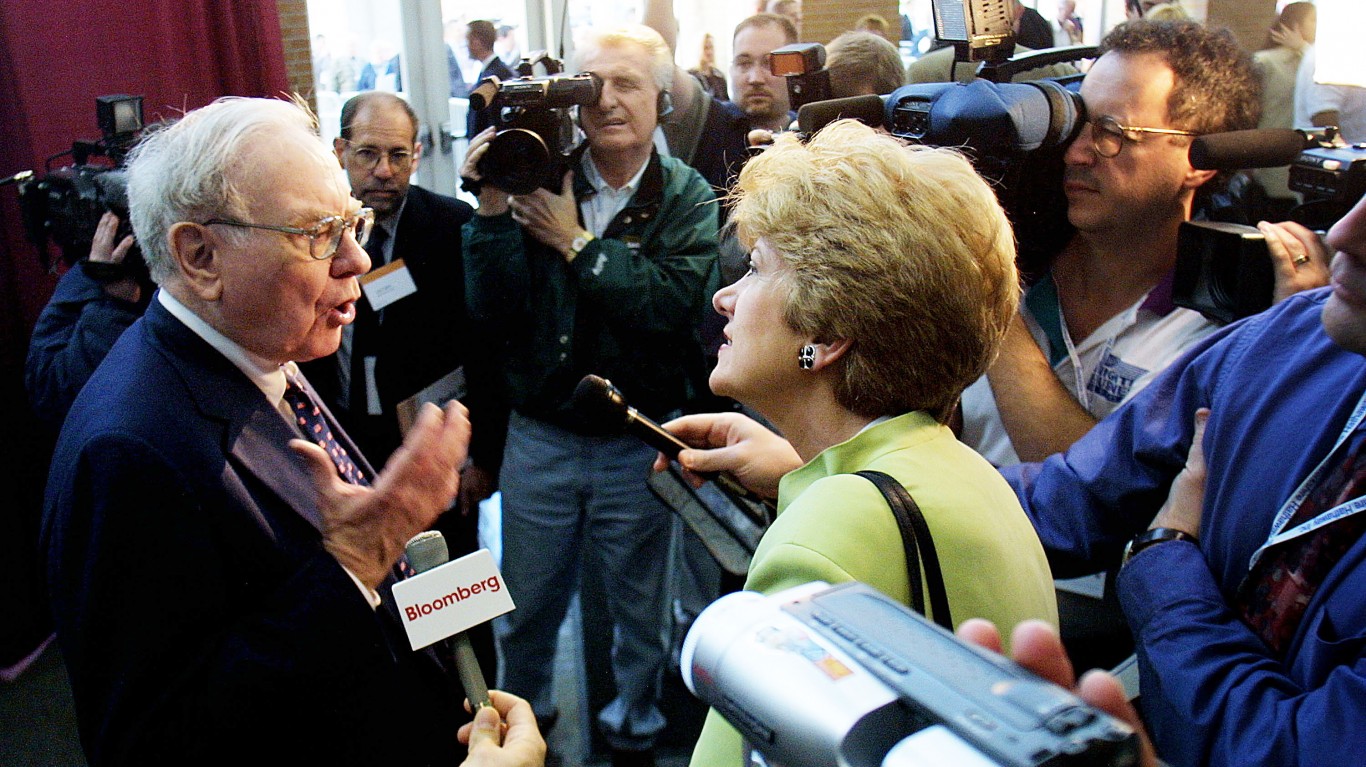
For years, on Wall Street the top of the mountain has been The Goldman Sachs Group (NYSE: GS), and up until just a few years ago, that was still the case. Marcus Goldman moved to New York in 1869 and opened a one-room basement office. With the addition of his son-in-law, Samuel Sachs, in 1882, and his son, Henry Goldman, in 1885, Marcus Goldman’s enterprise became a partnership with a new name: Goldman, Sachs & Co.
By the time the firm joined the New York Stock Exchange in 1896, Goldman Sachs was a leader in commercial paper sales. As the firm’s clients grew in number, it opened offices in Boston and Chicago (1900), San Francisco (1918), and Philadelphia and St. Louis (1920), becoming a national firm.
After over a hundred years of building the company into a Wall Street powerhouse that dominated the equity and debt capital markets, investment banking, and so much more, things have turned south in a big way, and CEO David Solomon who rose to the top in 2018 is on a very hot seat, and what appears to be a very short leash.
With a mountain of problems, an initial public offering market that has dried to a trickle, and so many negatives here are 7 reasons to avoid the shares now.
Profits are plunging

In the firm’s recent third-quarter earnings release the company’s profit dropped 33% to $5.47 per share. That beat analysts’ lowered expectations, as did its 1% revenue decline, the numbers trailed peers.
Investment Banking results have tumbled

Goldman Sachs has always been more dependent on investment banking revenues than their competitors. The IPO and merger markets have all but been silent in 2023 due to muted market conditions that have meant far fewer deals for the investment bank division. The company has only seen a 1% rise in revenues over the last year.
Expenses are exploding higher

Total operating expenses for the quarter increased a stunning 18% year-over-year to $9.05 billion way above analysts’ estimates of $7.99 billion. It was reported that higher depreciation and amortization led to the increase.
Trading profits a mixed bag

For years Goldman Sachs dominated institutional trading for both equity and other assets, and that’s not the case now. While stock trading was up 8% year-over-year, trading for bonds, currencies and commodities was down 6%.
Return on equity also came in lower

The bank’s return on equity, which is a metric for how well an investment bank is doing with the assets it holds, was 7.1% for the quarter. Typically over the last decade banks of Goldman Sachs size and stature have shot to get that figure over 10%.
The company is taking big losses on Greensky

After just two short years since the $1.7 billion purchase of home-improvement lender Greensky, Goldman has lost $1.13 billion. Reports indicate the losses come from scrapped goodwill and other intangibles of $1.01 billion spread over the past two quarters’ earnings and $123 million in cuts to the value of Greensky’s loan book.
Asset management barely making money

One division that was always a big part of the business has also fallen on difficult times. Once the destination for the ultra-rich and high-net-worth investors, the asset management arm in the third quarter had fees and private banking revenues that just barely exceeded estimates.
The demise of such a powerful investment bank as Goldman Sachs is unlikely, but then, that was also said about Bear Stearns and Lehman Brothers, and they have resided in the Wall Street graveyard since the great financial crisis of 2008. One thing seems likely; if David Solomon doesn’t turn things around in 2024, his tenure as CEO may end.
Travel Cards Are Getting Too Good To Ignore (sponsored)
Credit card companies are pulling out all the stops, with the issuers are offering insane travel rewards and perks.
We’re talking huge sign-up bonuses, points on every purchase, and benefits like lounge access, travel credits, and free hotel nights. For travelers, these rewards can add up to thousands of dollars in flights, upgrades, and luxury experiences every year.
It’s like getting paid to travel — and it’s available to qualified borrowers who know where to look.
We’ve rounded up some of the best travel credit cards on the market. Click here to see the list. Don’t miss these offers — they won’t be this good forever.
Thank you for reading! Have some feedback for us?
Contact the 24/7 Wall St. editorial team.





